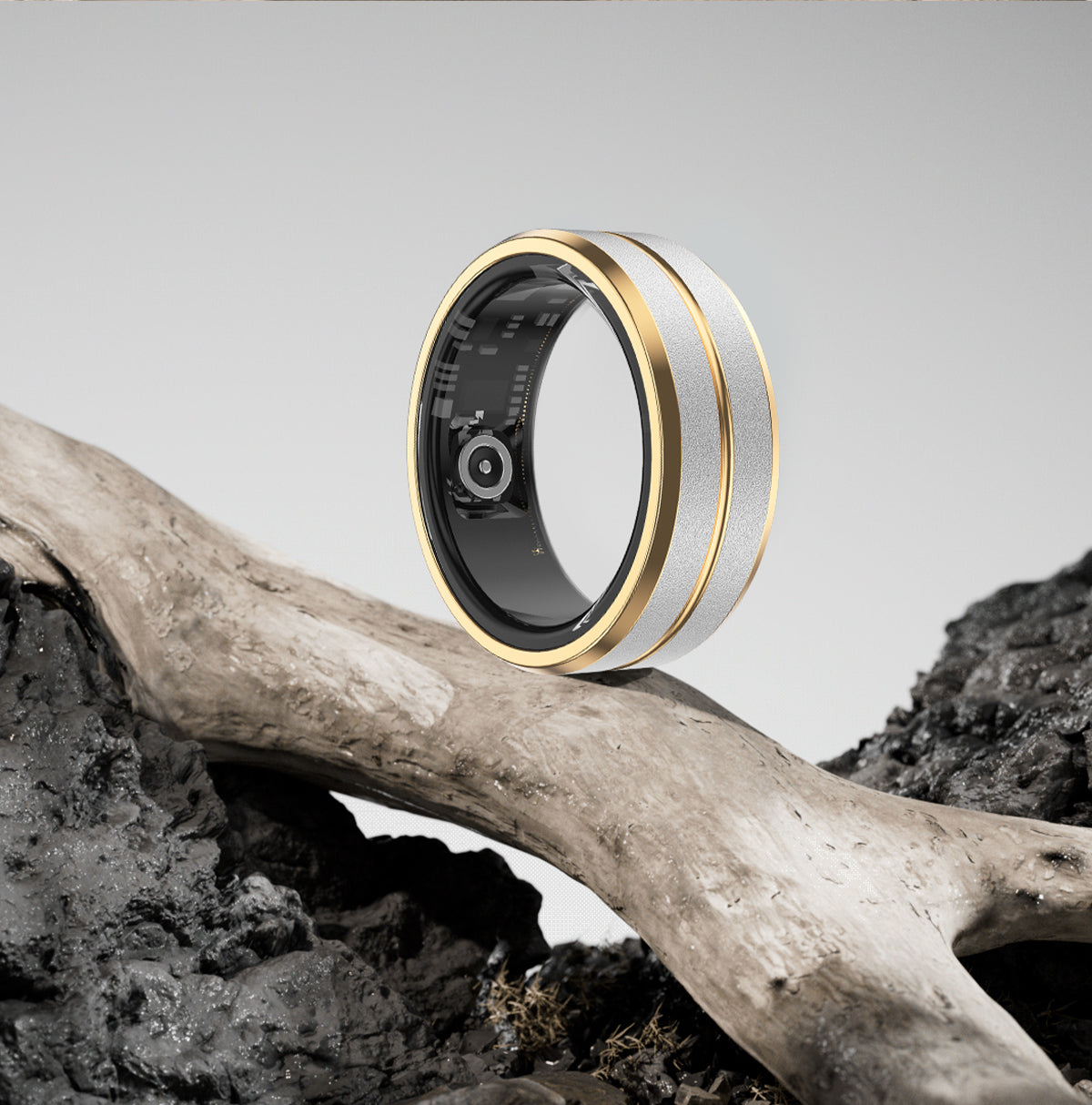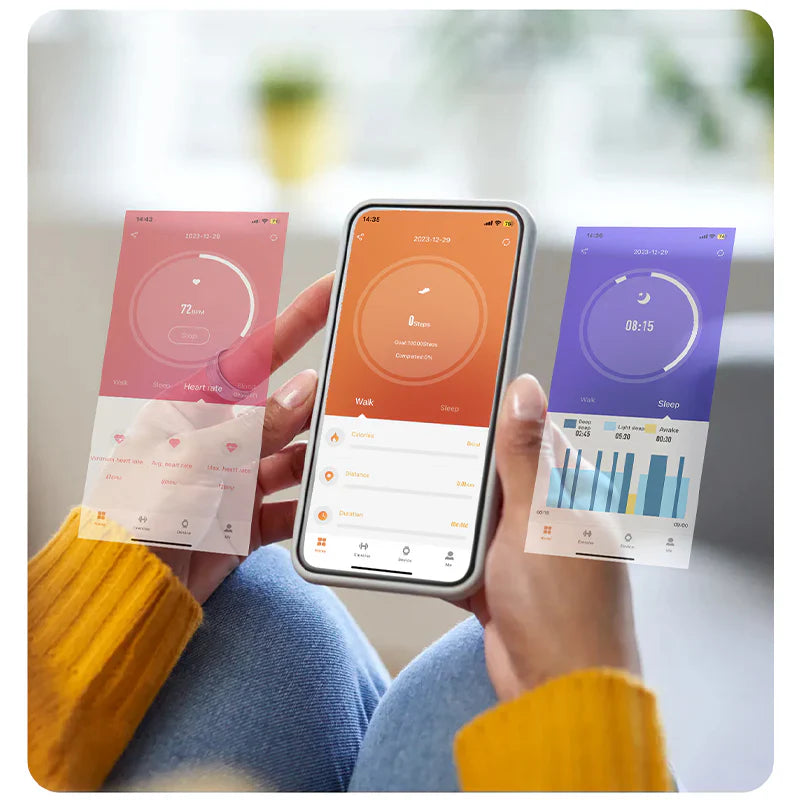Smart rings are compact and convenient wearable devices, but not every model suits every user. Before making a purchase, it’s important to understand your priorities and how different smart rings vary in features and focus.
1. What do you want to track?
Not all smart rings offer the same tracking capabilities. Some focus on sleep monitoring and heart rate, while others add features like blood oxygen tracking, menstrual cycle reminders, or temperature changes. Think about your needs—are you most interested in better sleep, exercise recovery, or just daily activity tracking?
2. Check battery life.
Most smart rings offer between 3 to 7 days of battery life. If you plan to wear your ring continuously, a longer battery life may be more convenient. Also check how long it takes to recharge—a full charge time of less than 90 minutes is ideal.
3. Consider comfort and size.
A smart ring must fit well to collect accurate data. Most brands offer a sizing kit before purchase—don’t skip it. Make sure the ring’s shape and weight are comfortable for both daytime wear and sleeping.
4. App usability matters.
The ring itself collects data, but how you interact with that data depends on the app. Look for clean, easy-to-understand interfaces. Some apps provide basic metrics, while others offer trends, comparisons, and actionable suggestions.
5. Compatibility with your phone.
Make sure the ring supports your phone’s operating system (iOS or Android). Some smart rings also need Bluetooth 5.0 or above for proper syncing.
In summary, choose based on your daily habits, not just specs. A simple, reliable ring that fits well and syncs smoothly is better than an overloaded model that’s uncomfortable or hard to use.




Leave a comment
This site is protected by hCaptcha and the hCaptcha Privacy Policy and Terms of Service apply.